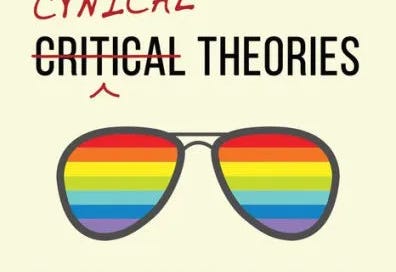During the course of the nineteenth and twentieth centuries, movements of women, workers, and blacks sought to deepen and expand the American promise of democracy that was integral to the foundation of the nation. They sought not only to expand democratic rights to women, racial/ethnic groups, and economic classes that initially had been excluded, but also to deepen the meaning of democracy through the formulation of rights that initially had not been imagined. By 1990, their achievements were evident in all spheres of political, economic, and social life in the United States. That the nation was fundamentally different in 1990 with respect to the rights of women, blacks, and workers from what it was in 1789 is a fundamental truth that no reasonable person can deny.
Nonetheless, there were important dimensions of the agendas of the movements that had not been attained. Especially important was the complete failure of the movements to redirect the imperialist foreign po…


